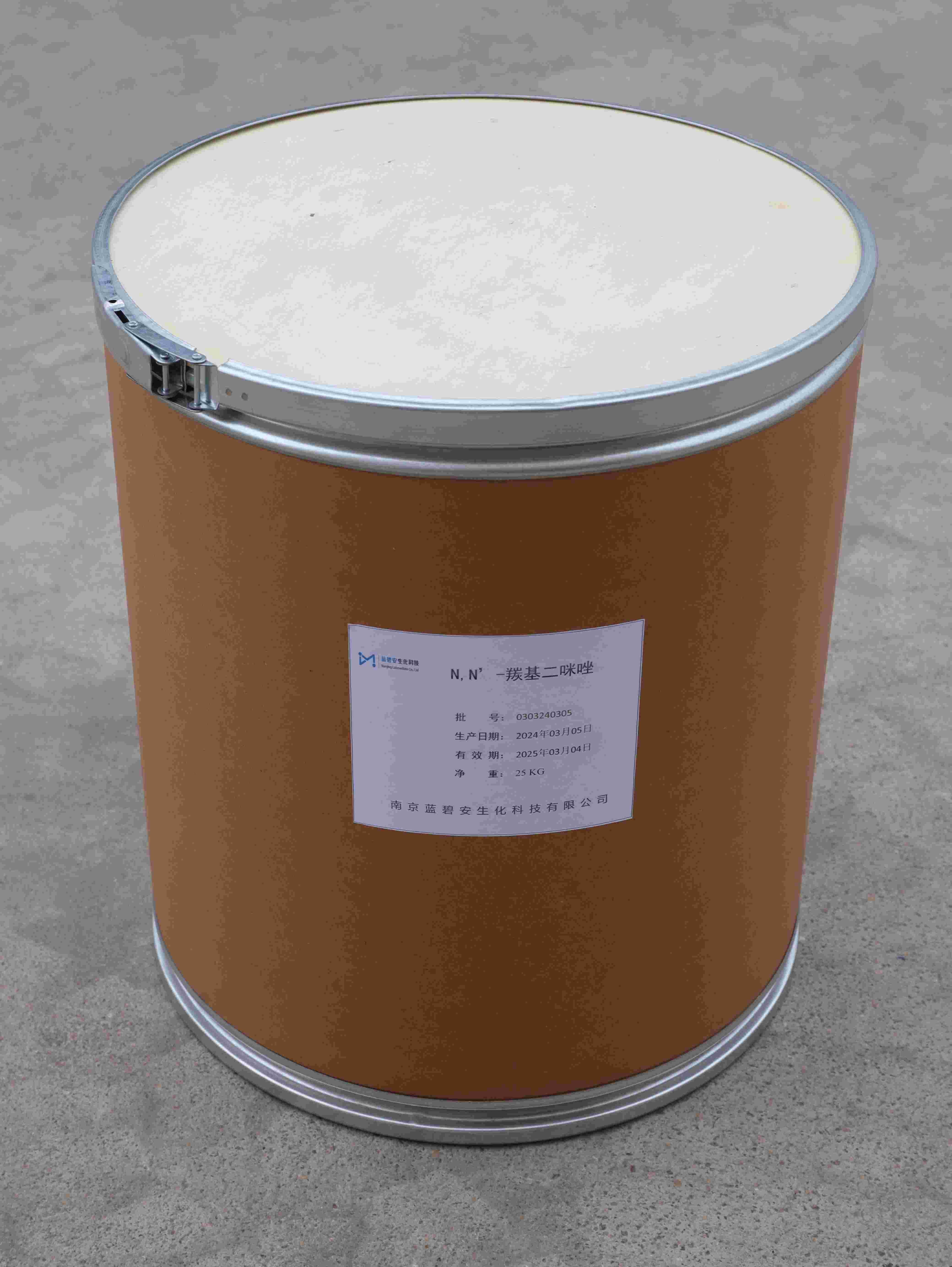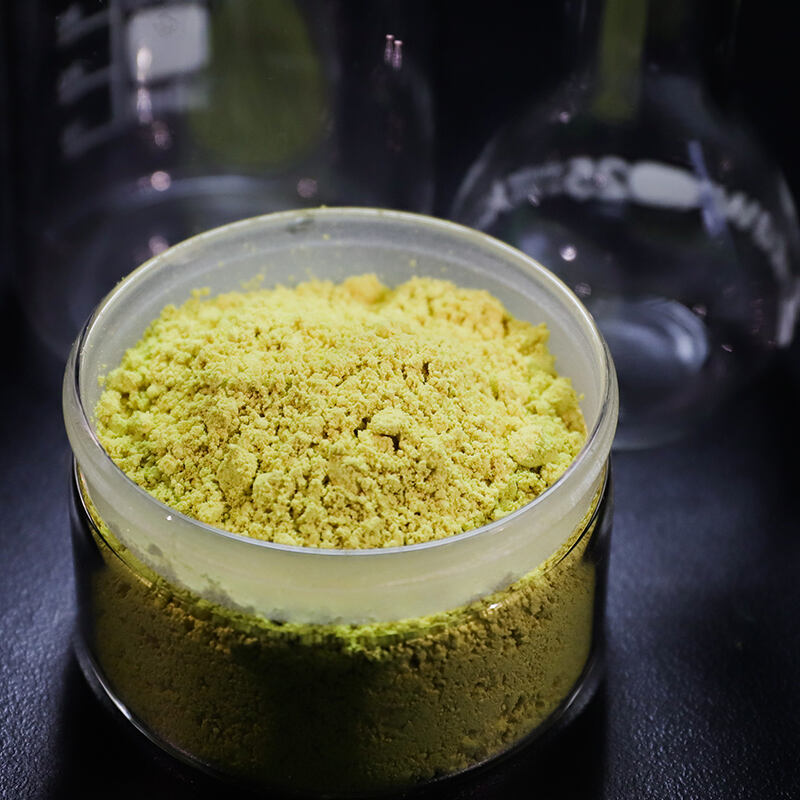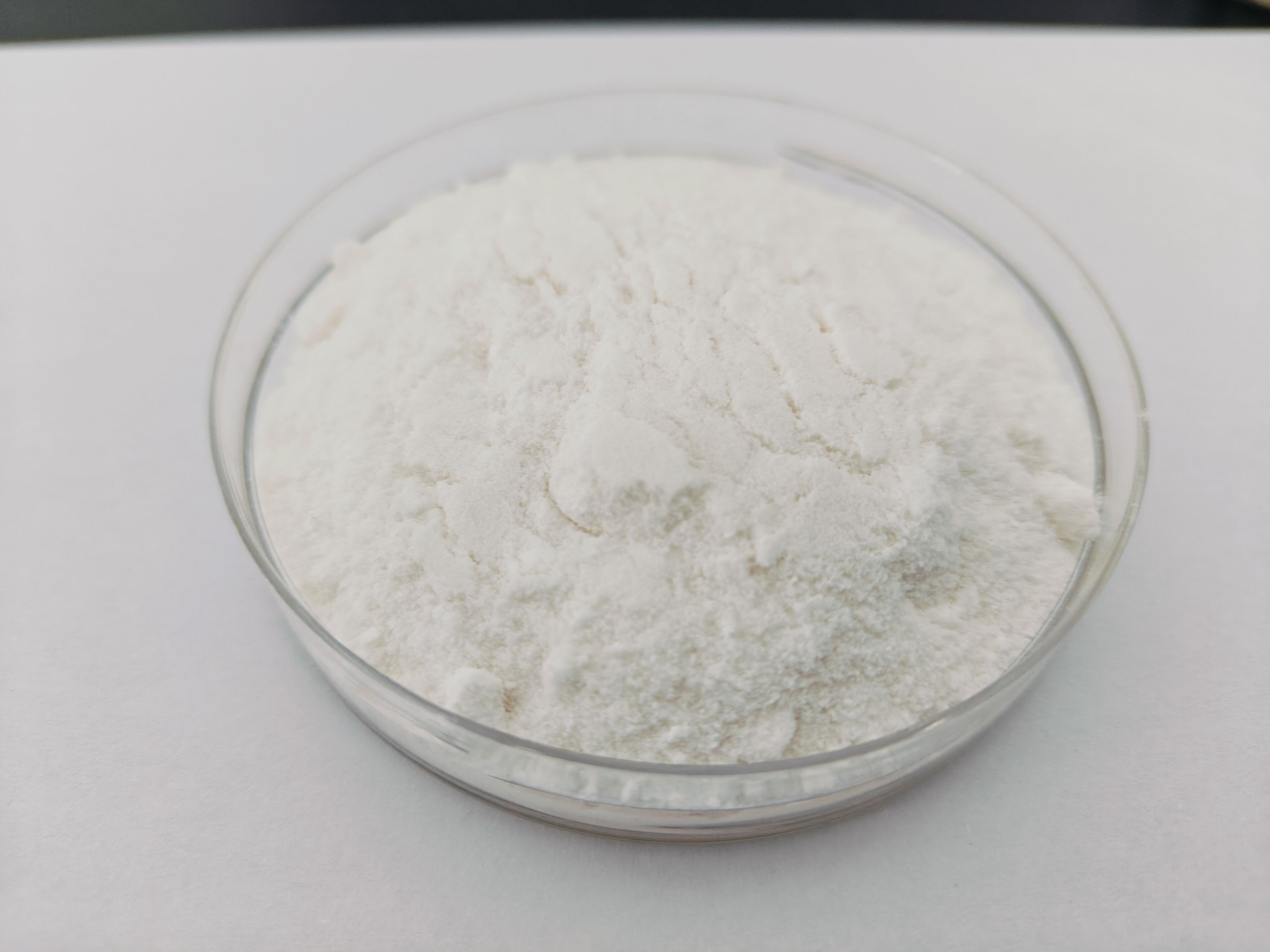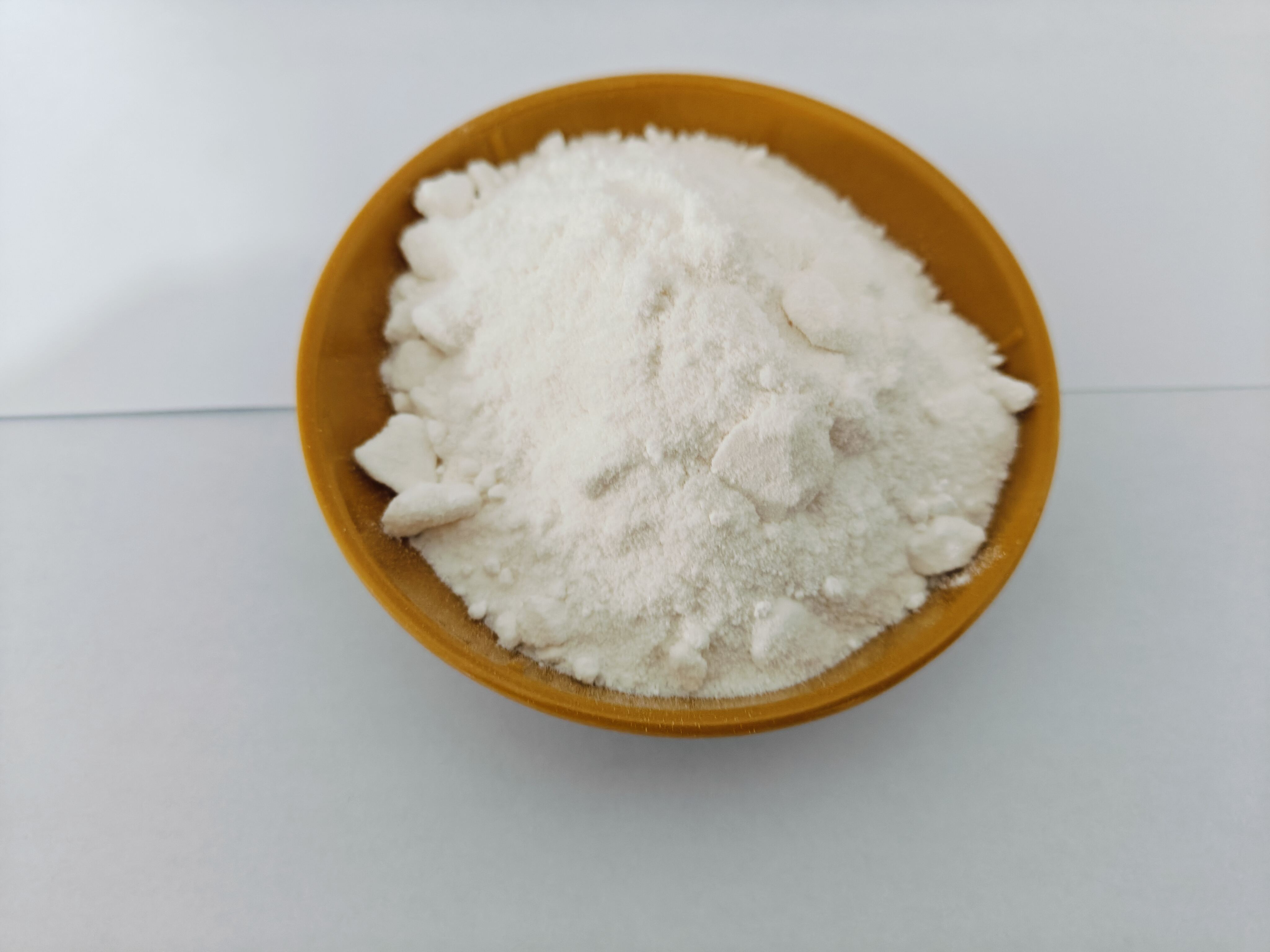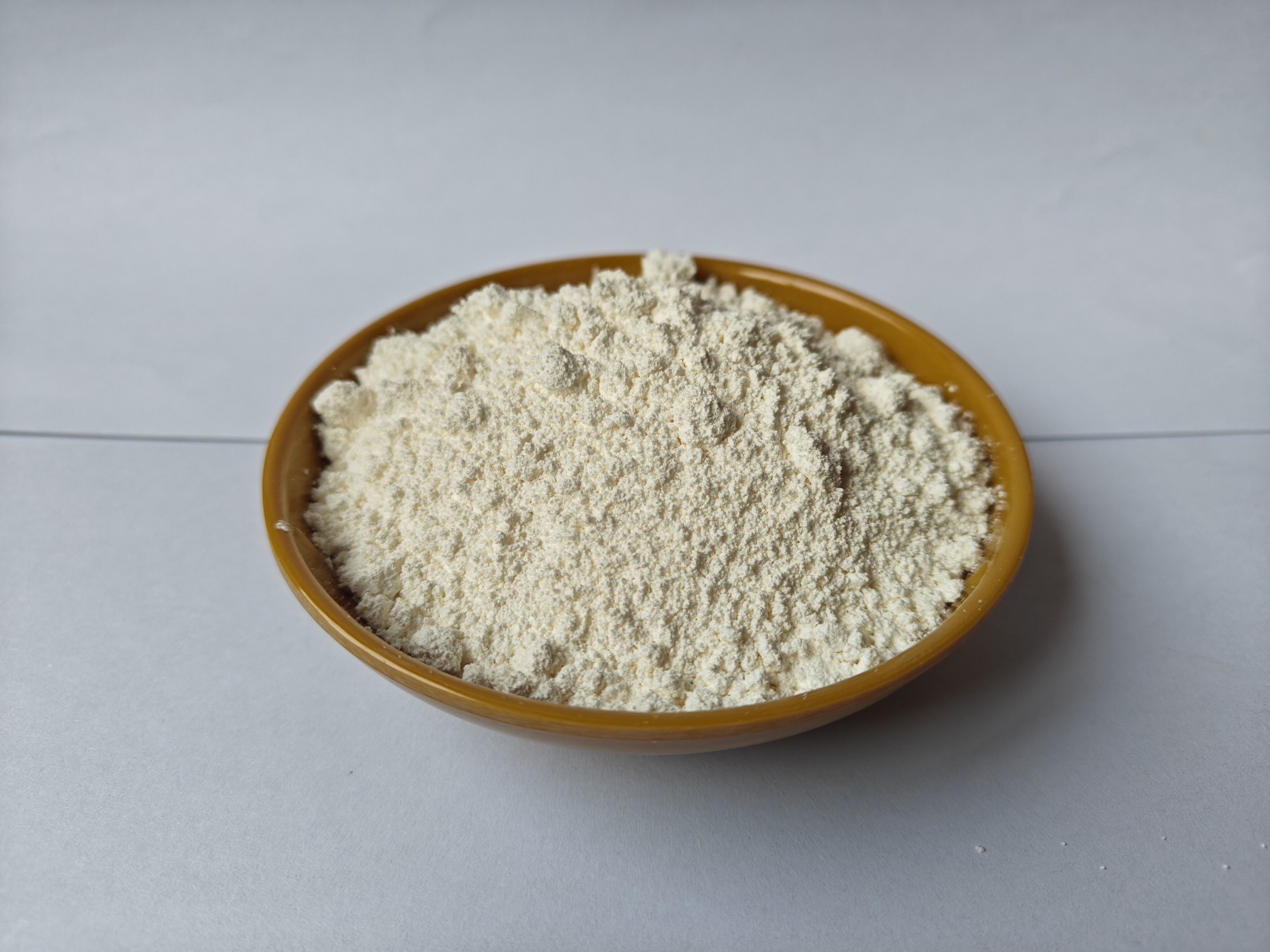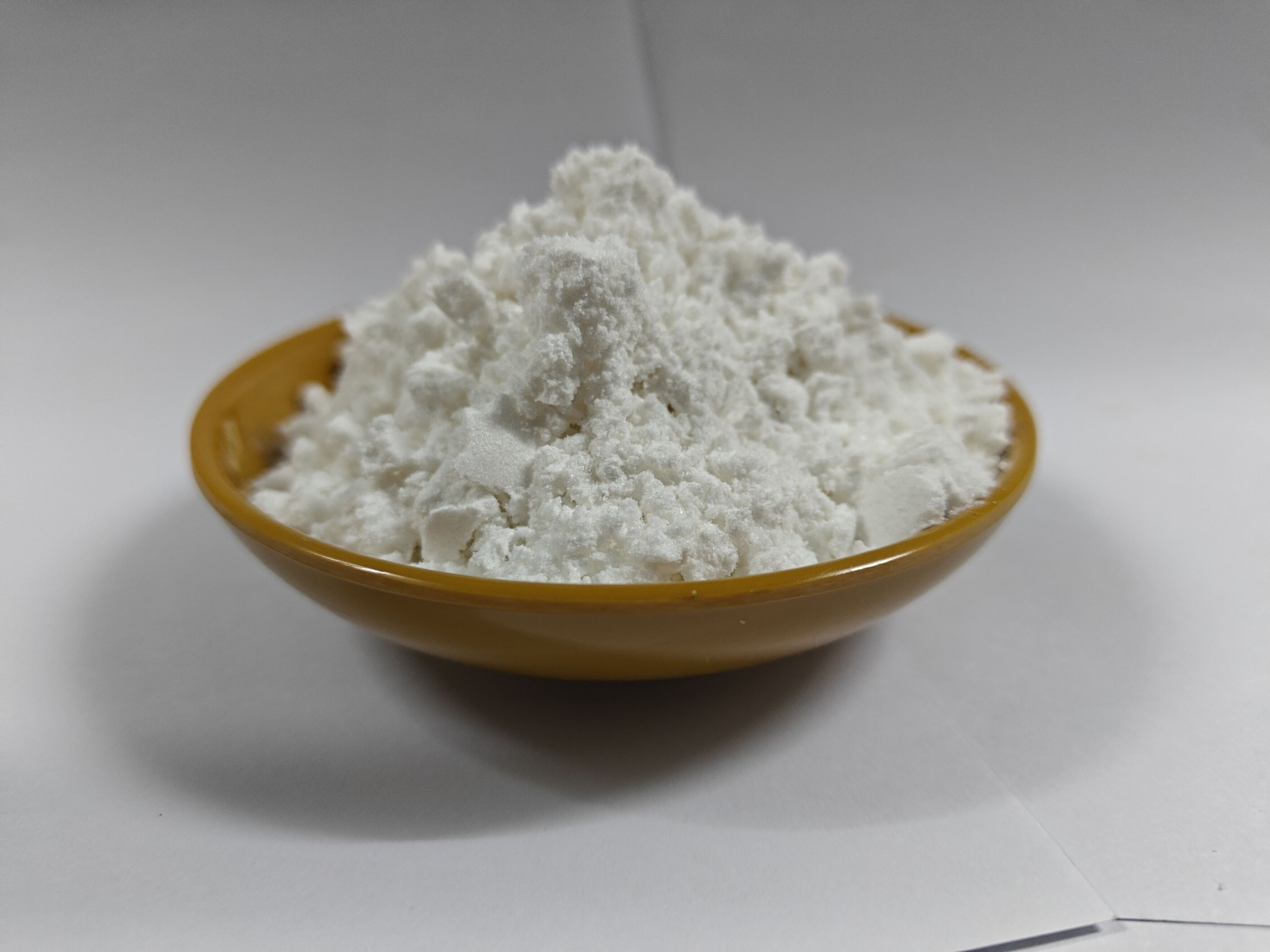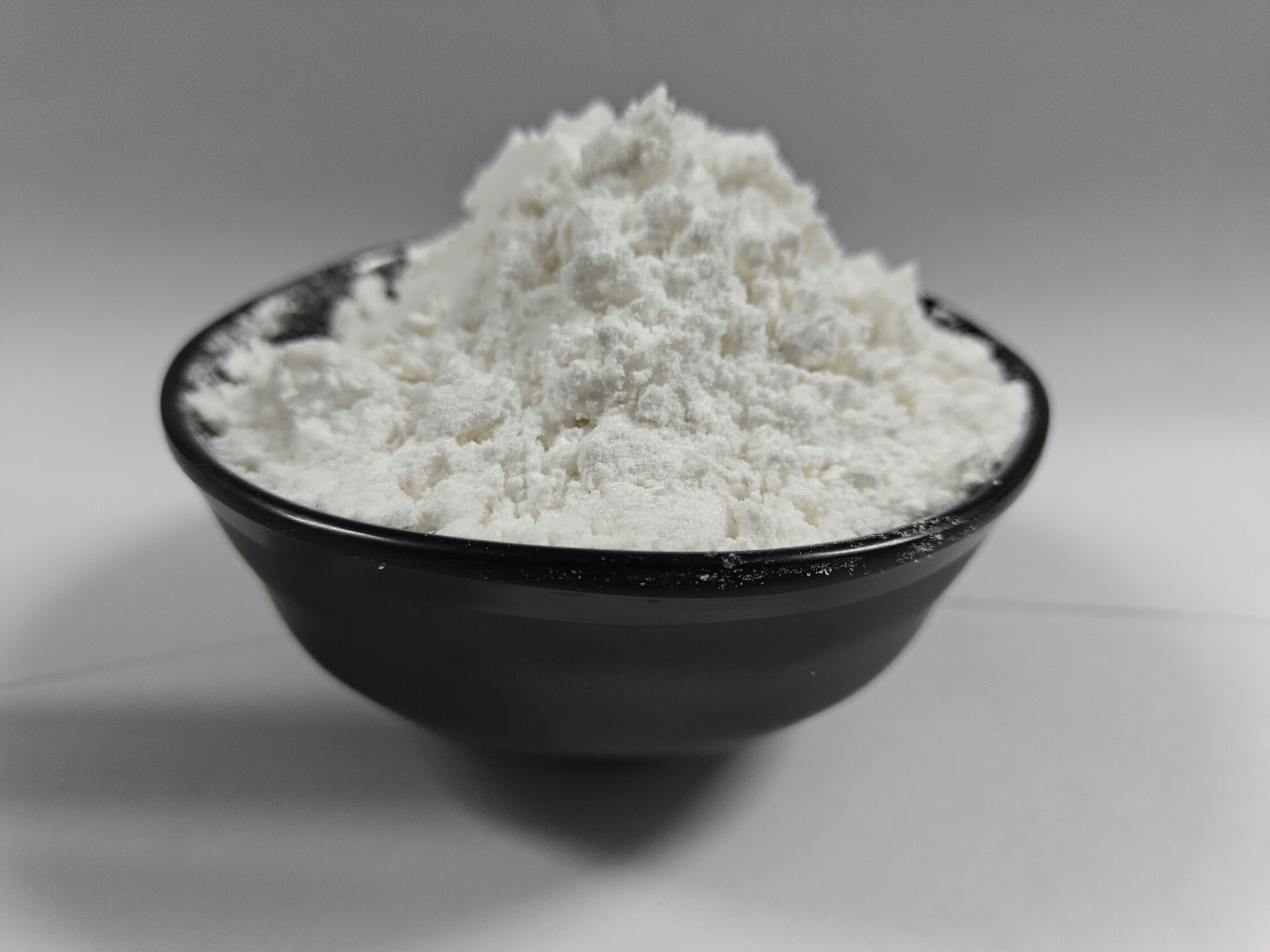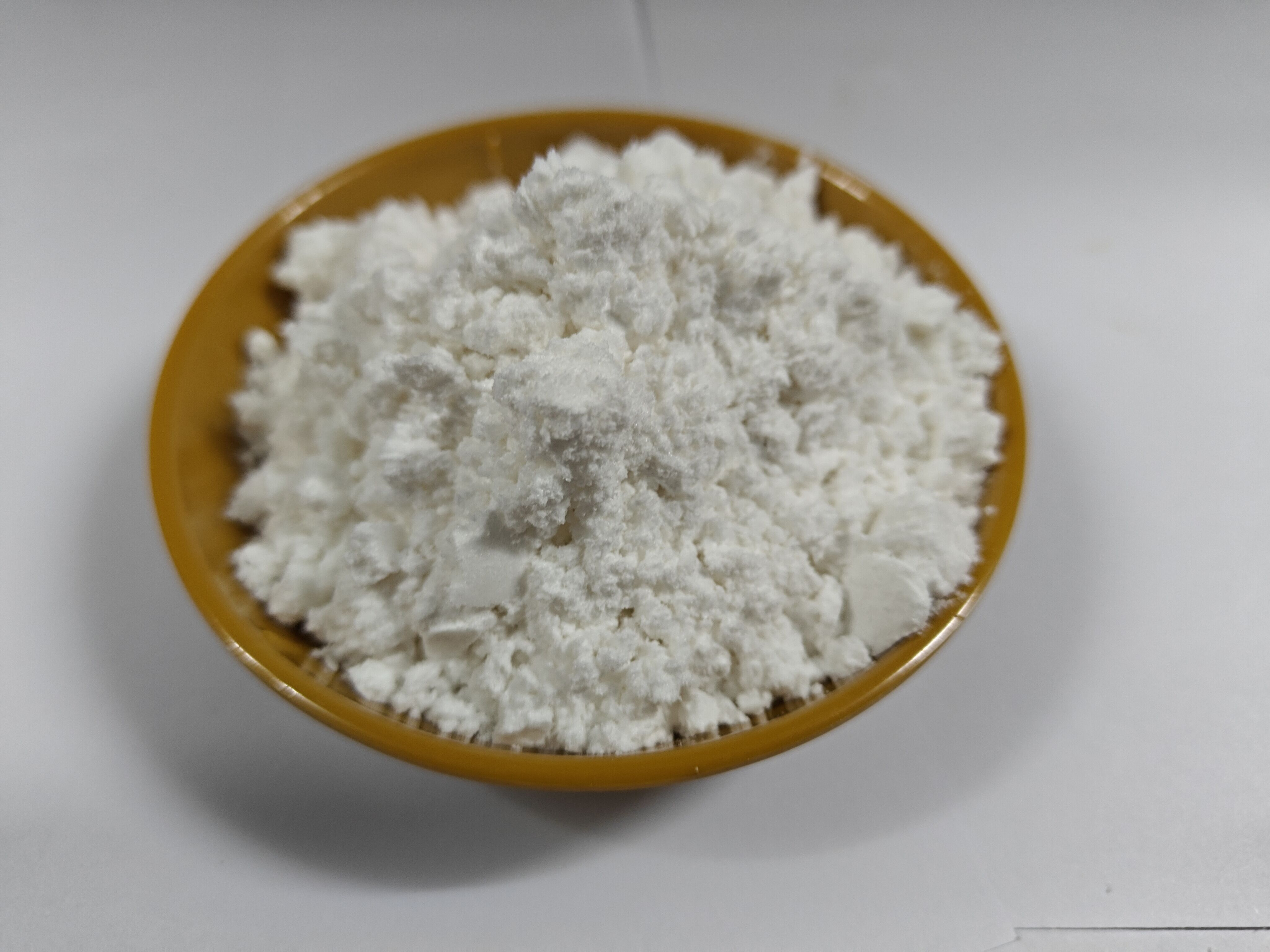stabilité du cdi
La stabilité du CDI représente une avancée critique dans les systèmes d'allumage électronique, en particulier pour les motocycles et les petits moteurs. Ce système sophistiqué garantit une performance moteur constante et fiable grâce à un contrôle précis de la temporisation et une amélioration de la livraison de l'étincelle. La technologie utilise la décharge capacitance pour générer des impulsions haute tension, ce qui résulte en une combustion plus efficace et une meilleure réponse du moteur. À son noyau, la stabilité du CDI intègre un contrôle avancé par microprocesseur qui surveille continuellement et ajuste la temporisation d'allumage en fonction de la vitesse du moteur, de la charge et des conditions de fonctionnement. Le système présente des fonctions de compensation thermique intégrée, de régulation de tension et de circuits de protection qui protègent contre les interférences électriques et les fluctuations de tension. Les systèmes modernes de stabilité CDI incluent également des capacités d'apprentissage adaptatif qui optimisent la performance avec le temps en analysant les données historiques de fonctionnement. Ces systèmes sont particulièrement précieux dans les applications hautes performances où une temporisation d'allumage précise est cruciale pour une puissance maximale et une efficacité énergétique. La technologie a évolué pour inclure des capacités de diagnostic qui aident à identifier les problèmes potentiels avant qu'ils n'affectent la performance du moteur, rendant ainsi l'entretien plus proactif et efficace. De plus, les systèmes de stabilité CDI sont conçus avec la durabilité à l'esprit, présentant des composants scellés et une construction robuste pour résister aux environnements de fonctionnement difficiles.

